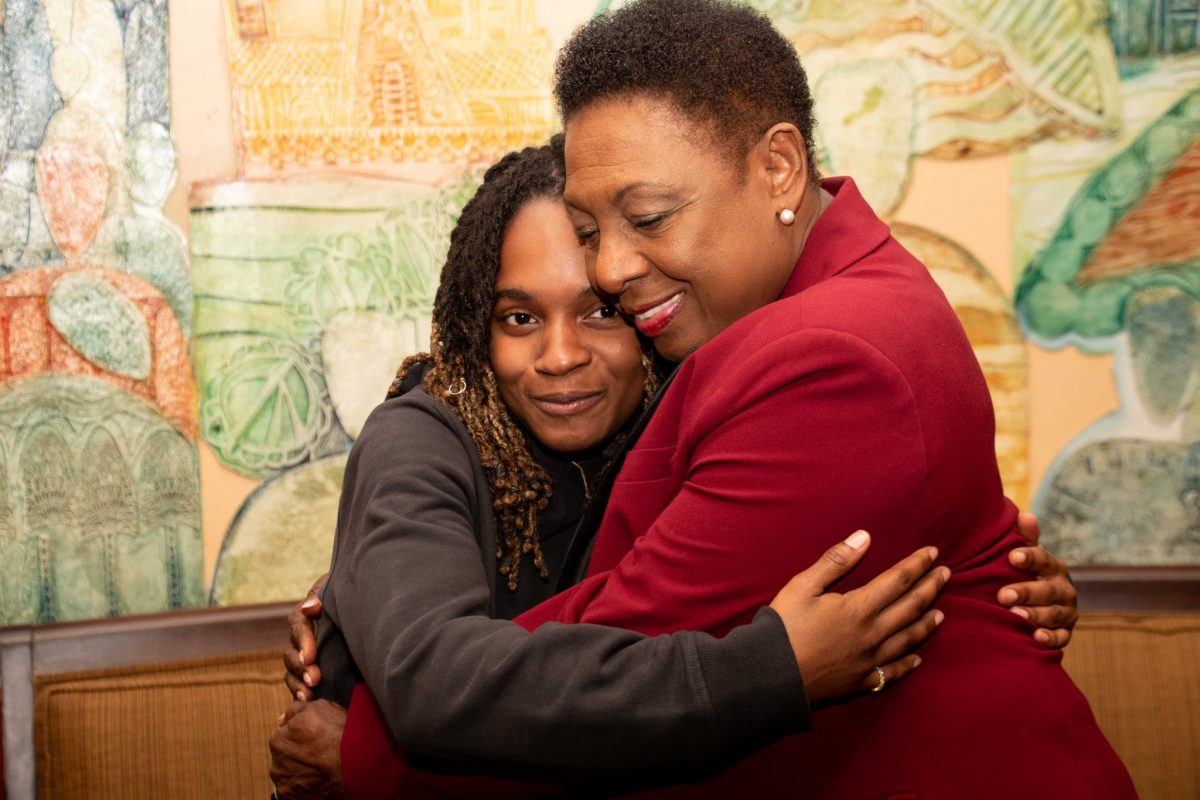No Changes For Reggae As Recording Academy Rolls Out New Rules For Upcoming Grammys

New changes have been rolled out by the Recording Academy ahead of the 63rd GRAMMYs in 2021, addressing long-awaited revisions to controversial category names, rules, and guidelines. The amendments are centered on the renaming of ‘Urban’ categories to reflect better, the caliber of music produced in specific subgenres, and the rectification of conflicts of interest between academy members and awardees.
Although the host of changes from the Academy does not capture the Reggae category, the organization, under the interim leadership of the Academy’s Chair, Harvey Mason Jr., has renamed the Best Urban Contemporary Album and Best Rap/Sung Performance categories to Best Progressive R&B Album and Best Melodic Rap Performance respectively.
The revision of both category names is intended to expand the categories to better appreciate more progressive elements and fluidity inherent to music from both genres. The Best Progressive R&B Album category now includes R&B albums that incorporate samples, elements, and production styles from other genres. Similarly, the Best Melodic Rap Performance category now considers dialect, performance elements, and production from other genres.
The Academy has also changed the names of the Latin Pop Album and Latin Rock, Urban Or Alternative Album categories to Best Latin Pop Or Urban Album and Best Latin Rock Or Alternative Album respectively, to now recognize Latin pop music from balladeers and commercial Latin music, as well as to remove regional limitations. Another limitation that has been removed is the specified maximum number of releases prohibiting artistes from being considered for the Best New Artist award.
In an official statement on the Academy’s GRAMMYs website, Mason explained that the new rules and guidelines are intended to ensure the inclusivity of the awards and to reflect changes in the music industry. Chief Awards Officer of the Academy, Bill Freimuth, echoed the same sentiment in revealing that the Academy annually reviews various change proposals from industry members requesting a reassessment of the Academy’s process to better respond to the industry’s advancement.
The latest categorical changes have finally come after years of repeated complaints and calls for amendment from industry members and fans. Historically, these category names were regarded as unsuitable and controversial because they captured various and differing subgenres of music and squeezed them into one ‘Urban’ category.
The wide-sweeping nature of these categories saw renowned Reggae artiste, Damian “Jnr. Gong” Marley included in and winning the Urban/Alternative Performance category in 2005, which also included R&B group Floetry, Alternative/Rock group Gorillaz and rapper Mos Def as nominees from differing genres. The category was discontinued and replaced seven years later.

Meanwhile, the Academy’s unexpected changes come four months after Jamaica’s Minister of Culture and Entertainment, the Hon. Olivia “Babsy” Grange, publicly called for the live broadcast of the Best Reggae Album award in February while congratulating Koffee on her GRAMMY award in that category.
Koffee, whose EP Rapture won the award this year, was presented with her GRAMMY during the live telecast that was aired a few hours ahead of the official ceremony along with awards for blues, gospel, classical and other genres of music. Minister Grange told the Jamaica Observer in February that although Reggae performances are included in the live broadcast, she believes the presentation of the Best Reggae Album award should be presented during the main show and that she will continue to lobby for its inclusion.
